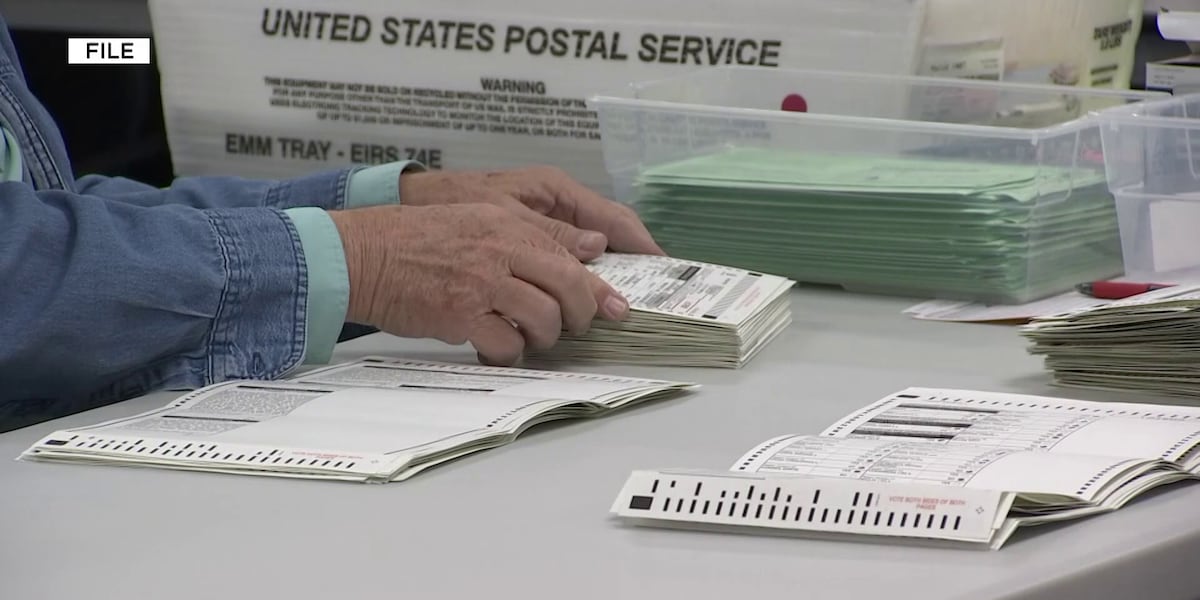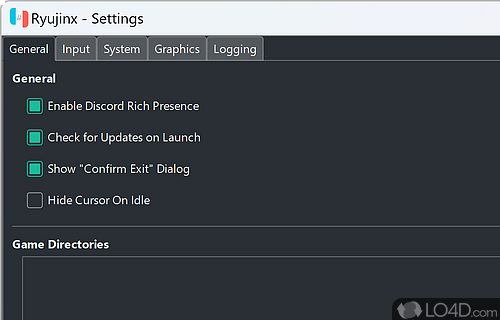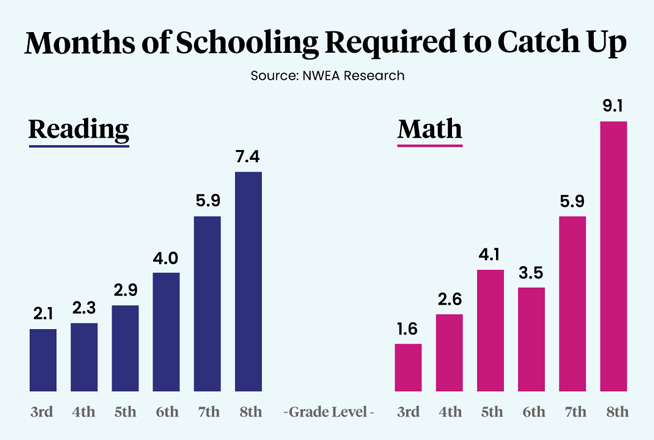Clinton And The Budget: A Historical Perspective On Veto Threats

Table of Contents
The Context of Clinton's Budget Battles
The economic climate of the 1990s presented President Clinton with a formidable challenge: a burgeoning national debt and deep political divisions regarding spending priorities. The legacy of the Reagan-era tax cuts, coupled with increased government spending, had resulted in a significant deficit. This created a tense atmosphere for budget negotiations between the executive branch, led by President Clinton and his Treasury Secretary, and the legislative branch, controlled at various points by both Democratic and Republican majorities.
- Rising national debt: This was a major concern for both parties, although they disagreed sharply on the best solutions.
- Political divisions: Democrats and Republicans held fundamentally different views on the role of government spending and taxation, leading to frequent standoffs. The ideological battle over the size and scope of government significantly influenced budget negotiations.
- Public opinion: Public sentiment regarding budget issues and the government shutdown played a pivotal role in shaping the political dynamics and influencing the outcome of budget debates.
Notable Instances of Clinton's Budget Veto Threats
Clinton's presidency witnessed several high-profile confrontations over the budget, many culminating in veto threats or actual vetoes.
The 1995 Government Shutdown
The 1995 government shutdown stands as a stark example of the political gridlock surrounding Clinton budget vetoes. Driven by disagreements over spending levels and the role of government, the Republican-controlled Congress, led by Newt Gingrich, clashed repeatedly with President Clinton. Clinton's veto threats, aimed at preventing cuts to social programs he deemed vital, led to a prolonged stalemate and ultimately a partial government shutdown.
- Specific spending proposals: Clinton vehemently opposed significant cuts to Medicare, Medicaid, and education funding proposed by the Republicans.
- The role of Newt Gingrich: Gingrich's assertive leadership style and confrontational approach exacerbated the tension and contributed to the shutdown.
- Impact of the shutdown: The shutdown negatively affected public services, damaged the economy, and eroded public trust in government. Public dissatisfaction with the shutdown ultimately shifted some public opinion against the Republican agenda.
Other Significant Veto Threats and Actual Vetoes
Beyond the 1995 shutdown, Clinton employed veto threats and issued several actual vetoes on various budget bills. While some veto threats forced compromises, others were unsuccessful, highlighting the complexities of political bargaining.
- Vetoed bills: Several bills containing significant tax cuts or spending reductions were vetoed by Clinton, reflecting his commitment to certain social programs and fiscal responsibility.
- Compromises: In other instances, Clinton’s veto threats prompted Congress to negotiate and ultimately produce legislation more aligned with his priorities, demonstrating the effectiveness of this strategy.
- Political strategies: Clinton strategically used veto threats to gain leverage in negotiations and to showcase his commitment to certain policy goals, influencing public opinion and shaping the legislative agenda.
The Impact of Clinton's Budgetary Actions
Clinton's budget policies and veto strategies left a lasting mark on the American political and economic landscape. His actions significantly influenced the national debt, economic growth, and social programs.
- Balanced budget: Clinton's fiscal policies, coupled with a robust economy, contributed to the balanced federal budget achieved in the late 1990s – a significant achievement after decades of deficits.
- Impact on social programs: While some social programs faced cuts or reforms under Clinton, his veto threats helped protect others from more drastic reductions, reflecting his priorities. Welfare reform, for instance, was a significant change under his administration.
- Long-term effects: Clinton's approach to budget negotiations and his willingness to use veto threats shaped subsequent budget debates and continues to influence political strategies employed by presidents today.
Lessons Learned from Clinton's Budget Vetoes
Clinton's experience provides valuable insights into the challenges of budget negotiations and the strategic use of presidential power.
- Negotiation and compromise: The 1995 shutdown demonstrated the significant consequences of political gridlock. Successful budget negotiations often require a willingness to compromise and find common ground.
- Public opinion: Public sentiment heavily influences budget debates and can impact the effectiveness of presidential veto threats. Understanding public opinion is crucial for navigating budget negotiations successfully.
- Consequences of gridlock: Prolonged political gridlock can severely damage the economy and public trust in government, underscoring the need for effective leadership and compromise in budgetary matters.
Conclusion
President Clinton's use of Clinton budget vetoes and veto threats significantly shaped fiscal policy during his presidency. His actions, especially the near-shutdown of 1995, serve as a potent reminder of the importance of political negotiation and the profound consequences of partisan gridlock. His legacy illustrates the lasting impact of presidential decisions on the national debt, economic growth, and the very fabric of social programs. To further understand the complexities of presidential power and budgetary decisions, explore additional resources on Clinton budget vetoes and their lasting influence on American politics. Learn more about the impact of presidential vetoes on the budget process and how they continue to shape fiscal policy today.

Featured Posts
-
 Zimbabwe Secures Thrilling Test Victory In Sylhet
May 23, 2025
Zimbabwe Secures Thrilling Test Victory In Sylhet
May 23, 2025 -
 Understanding The Big Rig Rock Report 3 12 96 1 The Rocket
May 23, 2025
Understanding The Big Rig Rock Report 3 12 96 1 The Rocket
May 23, 2025 -
 Court Questions Free Speech Protections For Character Ai Chatbots
May 23, 2025
Court Questions Free Speech Protections For Character Ai Chatbots
May 23, 2025 -
 Man Utd Flop Blames Personal Life For Poor Performance
May 23, 2025
Man Utd Flop Blames Personal Life For Poor Performance
May 23, 2025 -
 Gloucestershires County Cricket Hopes Dashed By Crawleys Late Fightback
May 23, 2025
Gloucestershires County Cricket Hopes Dashed By Crawleys Late Fightback
May 23, 2025
Latest Posts
-
 Podcast Production Revolution Ais Role In Transforming Repetitive Scatological Data Into Engaging Content
May 23, 2025
Podcast Production Revolution Ais Role In Transforming Repetitive Scatological Data Into Engaging Content
May 23, 2025 -
 Ryujinx Emulator Project Halted A Nintendo Related Development
May 23, 2025
Ryujinx Emulator Project Halted A Nintendo Related Development
May 23, 2025 -
 The Rumored Open Ai Jony Ive Ai Hardware Deal
May 23, 2025
The Rumored Open Ai Jony Ive Ai Hardware Deal
May 23, 2025 -
 Lab Owners Guilty Plea Faked Covid Test Results During Pandemic
May 23, 2025
Lab Owners Guilty Plea Faked Covid Test Results During Pandemic
May 23, 2025 -
 Open Ai And Jony Ive A Strategic Partnership In Ai Hardware
May 23, 2025
Open Ai And Jony Ive A Strategic Partnership In Ai Hardware
May 23, 2025
